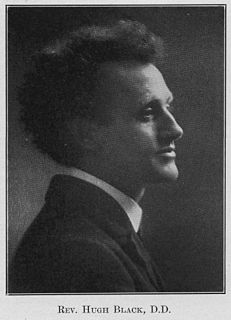A Quote by Thomas Steinbeck
My father believed, like Pericles, that a man's genius could be easily judged by the number of unenlightened fools set in phalanx against his ideas.
Related Quotes
The book, the college, the school of art, the institution of any kind, stop with some past utterance of genius. . . . They look backward and not forward. But genius looks forward: the eyes of man are set in his forehead, not in his hindhead: man hopes: genius creates. Whatever talents may be, if the man create not, the pure efflux of the Deity is not his; - cinders and smoke there may be, but not yet flame.
The rabbis, the Jewish religious people, the priests of the temple of Jerusalem, they were learned fools. They could not tolerate Jesus. The learned fools are always disturbed by the blessed fools. They had to murder him because his very presence was uncomfortable; his very presence was such a pinnacle of peace, love, compassion and light, that all the learned fools became aware that their whole being was at stake. If this man lived then they were fools, and the only way to get rid of this man was to destroy him so they could. again become the learned people of the race.
His (Lenin's)humanitarianism was a very abstract passion. It embraced humanity in general but he seems to have had little love for, or even interest in, humanity in particular. He saw the people with whom he dealt, his comrades, not as individuals but as receptacles for his ideas. On that basis, and no other, they were judged. He judged man not by their moral qualities but by their views, or rather the degree to which they accepted his.
Ideas are dangerous, but the man to whom they are least dangerous is the man of ideas. He is acquainted with ideas, and moves among them like a lion-tamer. Ideas are dangerous, but the man to whom they are most dangerous is the man of no ideas. The man of no ideas will find the first idea fly to his head like wine to the head of a teetotaller.
What is the importance of human lives? Is it their continuing alive for so many years like animals in a menagerie? The value of a man cannot be judged by the number of diseases from which he escapes. The value of a man is in his human qualities: in his character, in his conscience, in the nobility and magnanimity, of his soul. Torturing animals to prolong human life has separated science from the most important thing that life has produced - the human conscience.




































